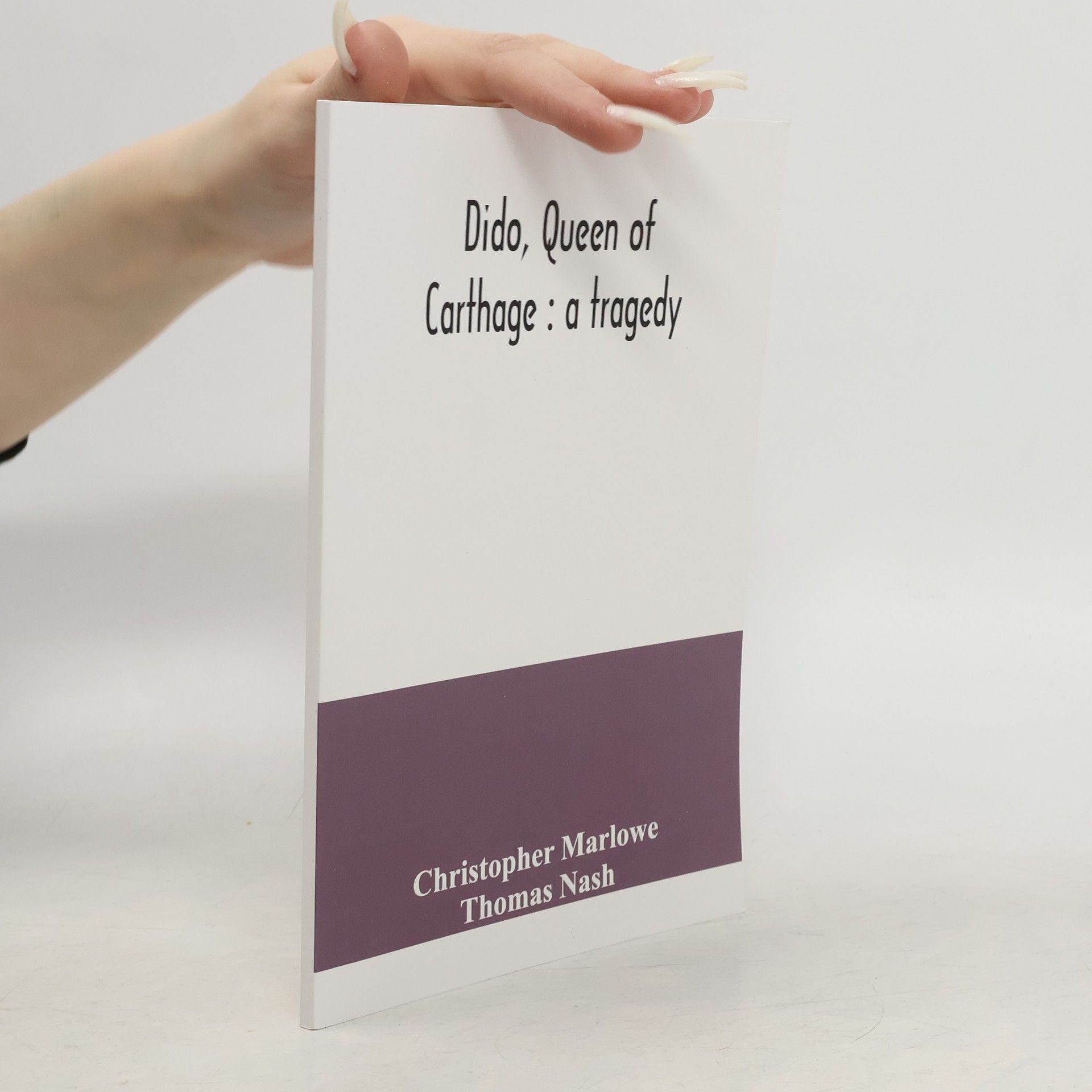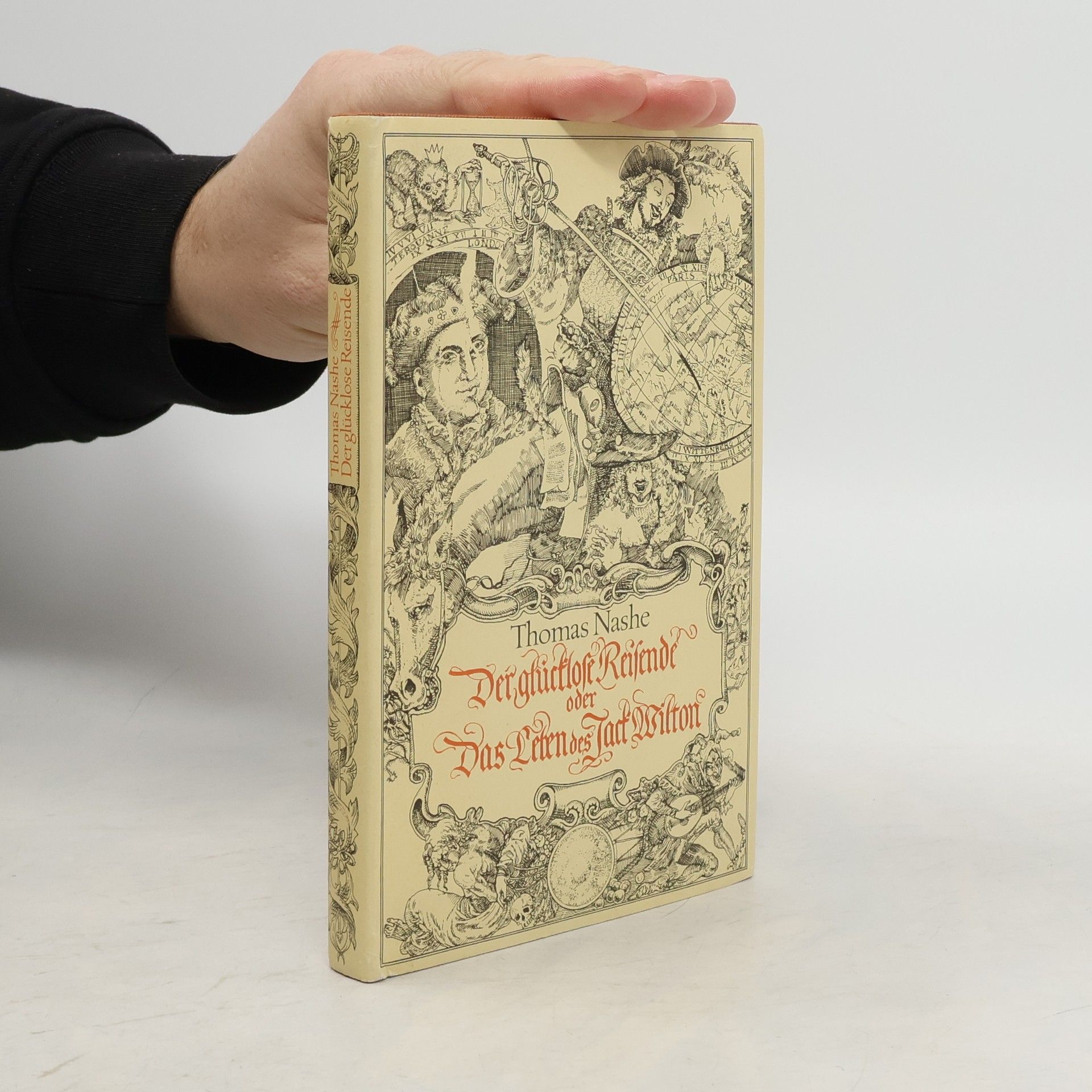Der glücklose Reisende oder Das Leben des Jack Wilton
- 176 Seiten
- 7 Lesestunden
Thomas Nashe war ein bedeutender elisabethanischer Schriftsteller, der als Pamphleteur, Dramatiker, Dichter und Satiriker gefeiert wurde. Sein Werk zeichnet sich durch scharfe Beobachtung und treffende Kritik der Gesellschaft seiner Zeit aus. Nashe setzte Sprache meisterhaft ein, um lebendige und oft provokative Bilder zu schaffen, und sicherte sich damit einen Platz unter den markantesten literarischen Stimmen seiner Generation. Sein satirisches Talent und sein Auge für Details hinterließen einen unauslöschlichen Eindruck in der englischen Literatur.





Written in the late sixteenth century, at the pinnacle of the English Renaissance, the rich and ingenious works of Thomas Nashe uniquely reveal the ambivant nature of the Elizabethan era. This collection of Nashe's works includes The Unfortunate Traveller, Pierce Penniless, Terrors of the Night, Lenten Stuff, and more.
"The Unfortunate Traveller" is a picaresque novel written by Thomas Nashe, an influential Elizabethan writer. Set in the early 16th century, the novel follows the adventures of its protagonist, Jack Wilton, as he travels across Europe and encounters a series of misadventures and colorful characters. At the heart of the novel is Jack's quest for fortune and adventure, which leads him to become a soldier, a courtier, and ultimately, a spy. Along the way, Jack finds himself embroiled in a series of intrigues, romances, and betrayals, as he navigates the treacherous political landscape of Renaissance Europe. Through Jack's eyes, Nashe offers a satirical commentary on the social, political, and religious mores of his time. The novel is filled with witty dialogue, irreverent humor, and sharp observations about human nature, as Nashe skewers the hypocrisy and folly of the society in which he lived.